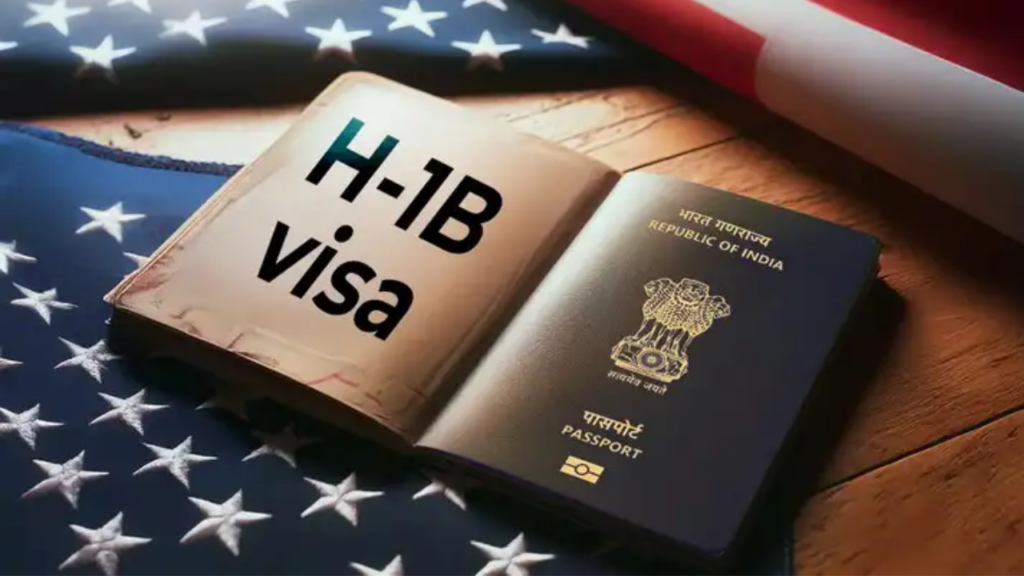The U.S. government has announced a dramatic increase in the annual fee for H-1B visas, raising the cost to an unprecedented US$100,000 per applicant. The executive order, signed into effect by the Trump administration, is sending shockwaves through the global technology sector.
Impact on the Tech Industry
The H-1B program, long relied upon by U.S. companies to recruit highly skilled foreign workers—particularly in technology—will now become one of the world’s most expensive visa categories. The program has historically helped American firms address talent shortages while providing thousands of skilled professionals, especially from India, with opportunities to work in the U.S.
Industry experts warn that the steep fee hike could disrupt staffing pipelines, particularly for Indian IT service firms that deploy thousands of employees to U.S.-based clients annually. Many companies may scale back H-1B hires or shift more operations offshore.
Concerns for Employees and Companies
Following the announcement, tech companies have advised visa holders to avoid international travel until more clarity emerges. The increased costs are also expected to reduce new applications, shrinking the pool of available talent for American firms.
Critics argue that the move could undermine U.S. competitiveness in innovation and digital transformation. Startups and smaller firms may struggle to absorb the new costs, widening the gap between them and large tech corporations.
Supporters Cite Benefits for American Workers
Proponents of the fee increase argue it will encourage companies to hire American workers first, restoring balance in a program critics say has often been used to undercut wages and displace local talent.
Global Implications
With immediate effects already rippling across global IT hubs, the U.S. H-1B fee increase could fundamentally alter how companies source talent. The coming months will test both the resilience of the American tech sector and the adaptability of foreign firms facing these unprecedented costs.

